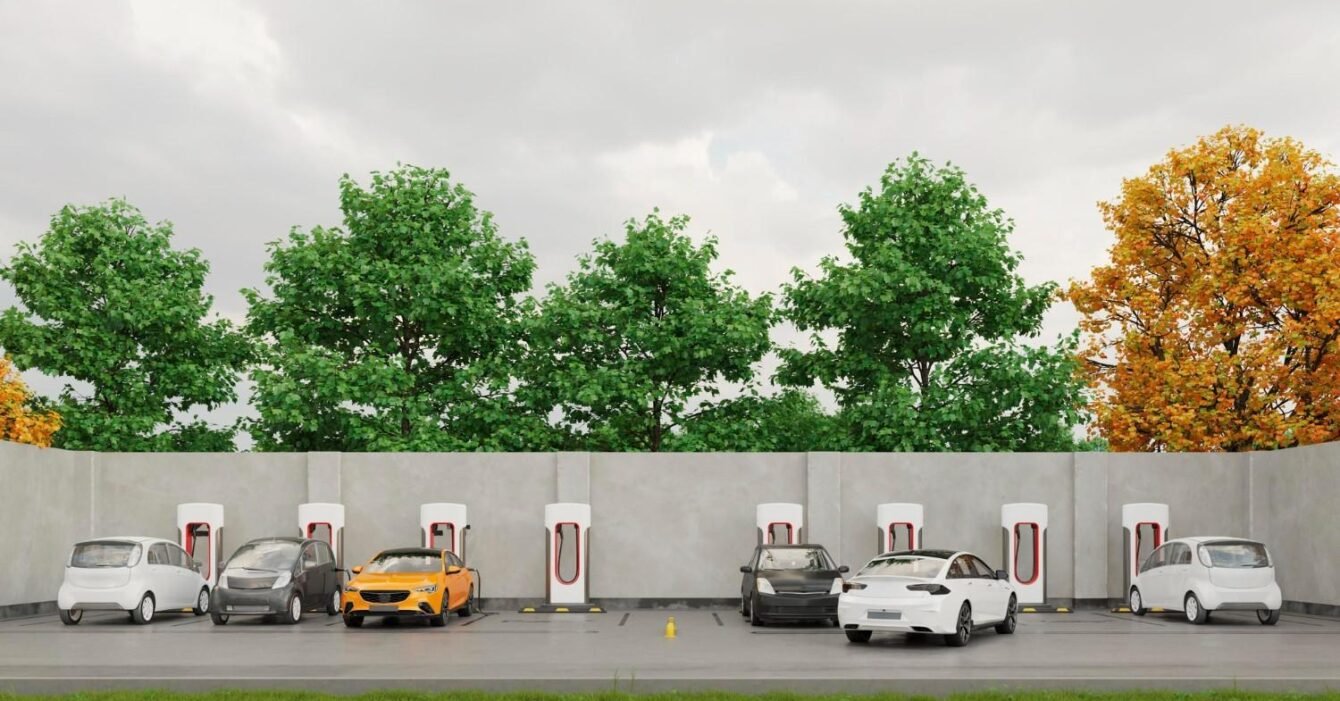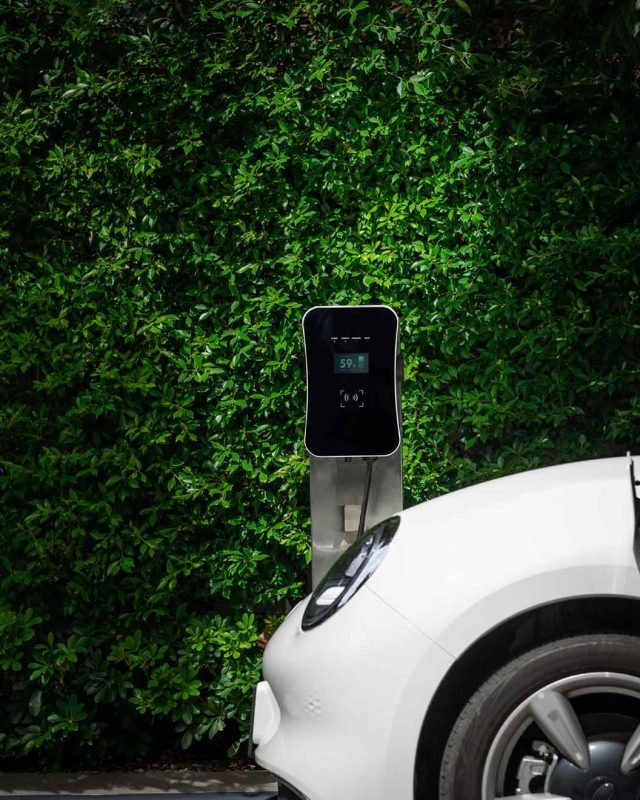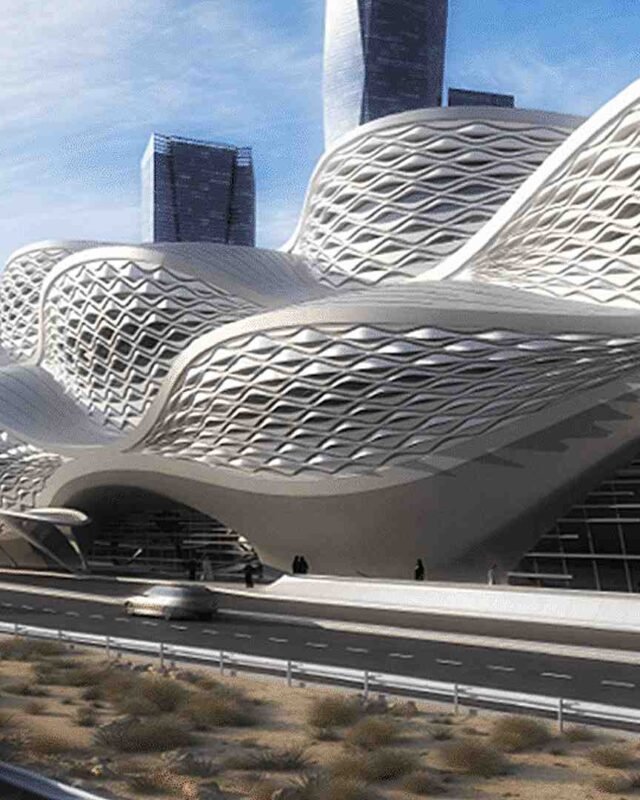Saudi Arabia is accelerating its shift toward cleaner transport, and the numbers show just how fast things are moving. Public charging stations have grown from only 150 in 2022 to more than 1,000 by early 2024. The Kingdom plans to push Saudi EV infrastructure 2025 to reach 5,000 stations. These milestones reflect a national push to make electric mobility mainstream.
The Scale of the EVIQ Rollout
At the center of this expansion is EVIQ, the EV Infrastructure Company driving the rollout of fast chargers across the country. EVIQ aims to install more than 5,000 fast chargers and over 1,000 EV charging hubs by 2030. This includes major steps in 2025, such as opening 60 EV charging stations across key cities and highways.
One of the most symbolic achievements so far is EVIQ’s first highway charging station on the Riyadh–Qassim route. This station marks the start of a wider plan to cover major corridors, including highways linking Riyadh, Jeddah, and Al-Madinah. Each new station demonstrates how fast Saudi Arabia is moving to build a full national network.
Read Also: Electric Mobility Expansion: The Next Phase of Saudi Transport Modernization
Milestones Shaping Saudi EV Infrastructure 2025
The jump from 150 to over 1,000 public stations in just two years highlights the accelerator effect of policy support. With the goal of 5,000 stations by 2025, the pace shows no sign of slowing.
EVIQ’s 2025 milestone of 60 new stations is not just a number. It represents real coverage in places where people travel daily. Riyadh and Jeddah are central to this rollout, as these cities push toward more electrified mobility under national sustainability goals.
Growing EV Demand Pushes Saudi EV Infrastructure 2025 Forward

Infrastructure is not the only part of the story. EV sales are expected to reach 15% of all new vehicle sales in major Saudi cities in 2025. This means the market is shifting fast as more drivers consider electric cars.
Government efforts support this trend. Saudi Arabia aims for 30% of all vehicles in Riyadh to be electric by 2030. This target aligns with major investments in charging stations, incentives, and partnerships with international companies like Electromin and Lotus.
These partnerships show how the country wants to position itself not only as a big EV market but also as a hub for innovation. Saudi Arabia is building an ecosystem where global automotive companies see long-term potential.
The Road to 2030: A National Vision in Motion
The path to Saudi EV infrastructure 2025 is clear: create a reliable, widespread, and high-performance EV network by 2030. EVIQ’s strategy to deploy more than 5,000 fast chargers plays a major role in this vision.
Fast chargers, in particular, matter because they reduce waiting time and support long-distance travel. As more stations appear on highways such as Riyadh – Qassim and Jeddah – Al-Madinah, the EV experience becomes more convenient and dependable for drivers everywhere.
A Rapid Shift in Saudi EV Infrastructure 2025
The data shows a nation moving with purpose. Charging stations are multiplying. EV sales are rising. Global brands are entering the market. And EVIQ’s rollout forms the backbone of this transition.
From 150 stations in 2022 to a projected 5,000 by 2025, the growth curve reveals Saudi Arabia’s commitment to transforming mobility. Each new charger, hub, or partnership strengthens the foundation for smarter logistics and cleaner transport across the Kingdom.
Read Also: Saudi EV Infrastructure Development Accelerates with Global Partnerships
A Look Ahead: Building Confidence Through Action
The journey is still unfolding, but the direction is unmistakable. EVIQ’s milestones, combined with strong government backing, are setting the stage for a cleaner, more efficient transportation future.
As Saudi Arabia pushes the limits of what can be achieved by Saudi EV infrastructure 2025, organizations navigating this fast-changing landscape can benefit from expert support. To explore how global advisory services can guide you through mobility, energy, and infrastructure transitions, consider contacting Eurogroup Consulting, a leading global consulting firm.



